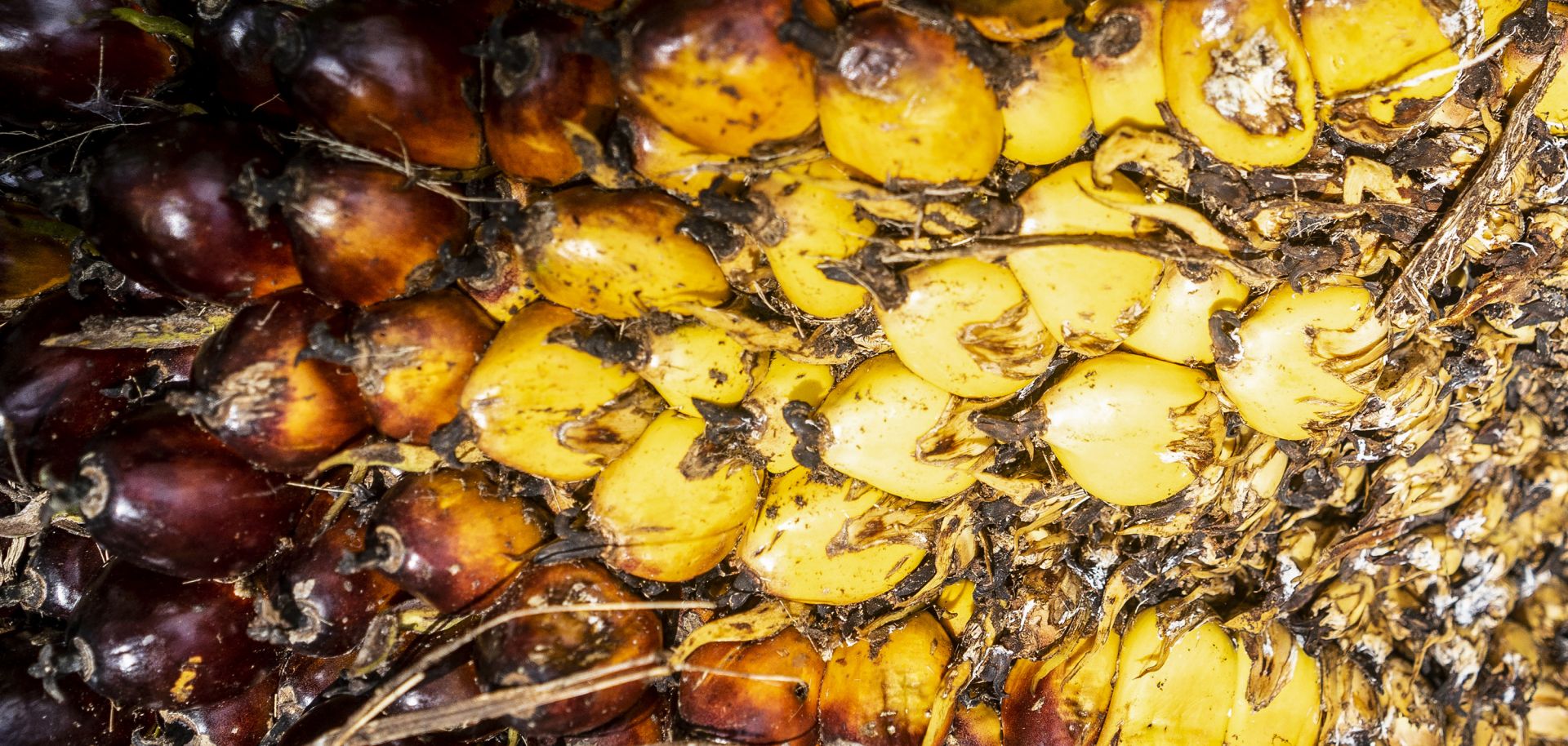ASSESSMENTS
In India’s Rift With Malaysia, Palm Oil and Politics Don't Mix
Jan 29, 2020 | 09:00 GMT

India has not expressly targeted Malaysia with restrictions on palm oil imports it put into place in January, but the action came after Malaysia's prime minister criticized Indian policies as detrimental to Indian Muslims.
(ZIKRI MAULANA/SOPA Images/LightRocket via Getty Images)
Highlights
- India's new restriction on palm oil imports is intended to deliver a blow to Malaysia, whose prime minister publicly criticized New Delhi's divisive nationalist policies.
- The import cuts illustrate the desire of the ruling Bharatiya Janata Party to both protect its controversial, yet politically effective, platform from international scrutiny and shield India's domestic palm oil refiners from foreign competition.
- As the ruling party's second term unfolds, these political and economic drivers could make India's other smaller trade partners vulnerable to similar trade salvos.
Subscribe Now
SubscribeAlready have an account?
